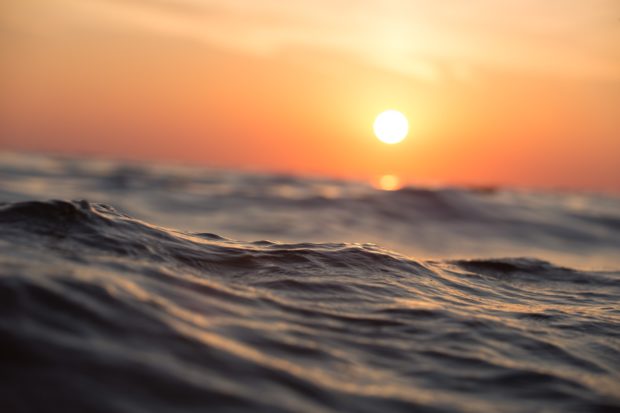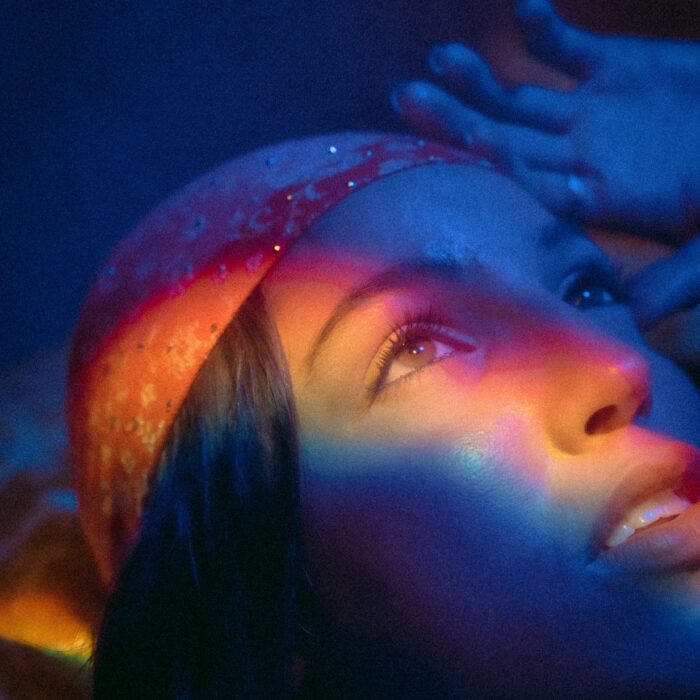You have no items in your cart. Want to get some nice things?
Go shoppingTwo boys’ friendship, then and now, in today’s #StorySunday

At the end of the road was a sign pointing down. Slate steps led to the riverbank where we set things on fire. “Now,” you always said at the start of any ploy, until the word was just a sound. You seemed taller with your feet planted in the cream pebbles. And sheets of empty daylight hung across the opposing embankments, water gurgling by in muzzled song. “Now,” I would respond, my mouth forming the echo of its own accord. We set to work, busying ourselves with armfuls of logs and empty drums.
“The last one to make it to the other side has to go back for supplies.”
“Are we allowed to touch the water?”
“Only if you fall in.”
Above our heads, blue snatches of rope hung from willow and hornbeam, old swings that we had outgrown. They had curled up long ago into trout flies and nooses. On the beach itself some of the stones were painted black. We preferred to sit on the fallen poplar, smoking ragged cigarettes when we could get them. There were remnants of the dam we had built as summer cooled, but even then the river was too strong. Our names were in the trees, carved with your brand-new knife (I cut myself), but there was only so much we could do to say we were there.
“Want some?” you asked, offering me the stolen whisky.
“No,” I said, taking it, “but okay.” It burnt my throat, less hot than numb. When we finished it you threw the bottle at one of the bigger rocks and it shattered everywhere.
No more bare feet. But then I never saw you cut yourself, on broken glass or an old tin. You never got hurt, in fact, at least until the summer I was gone. After that, with words as shadows, who knows? What remains is two long summer days, playing over in the soil. The first was a Tuesday, towards the end of the school holidays:
“What are you doing?”
“I don’t know, putting these here,” I said, dropping the sections of moss. They gathered in a rough pile on the stones. It wasn’t clear if I was building or something else.
“Did you see that sunset last night?” I shook my head. “Was purple and red, kind of.” You looked up and down the river, hoping perhaps for a sighting of an otter.
Minutes passed as I said things like, “It feels colder here, as if there’s pockets of hot and cold on the beach.” You laughed, enjoying the idea. And then fully formed, without explanation, a plan arose. “Now.” You took off your socks and shoes and, picking a careful route around the glass, walked into the river. We would make it to the confluence between the Scaur and Shinnel waters, at least. The idea had been planted by fishermen and the turquoise shadows they chased. The river was a roadway of sorts.
“Now.” I followed you in, not caring whether I was John the Baptist or Jesus himself. Our route wound around itself, in a coil like the threads of rope. You pointed at the branches of a weeping willow, dipping an inch above the water, afraid to touch it or not quite succeeding. I nodded yes in recognition.
The afternoon sun was turning bronze by the time we reached the silent pool, where the rivers merged. You stood in its centre, the nucleus in an atom, testing how long you could stand on one leg. I was further on, watching flashes of light on the riverbed. The water swarmed in rainbow flourishes, mineral-rich and impossible. “Have you seen …” I started to say, not looking where I was putting my foot. Some of the rocks were green with algae. The leg flew under me and I came down with a crash, time only for a streak of something pure, fear perhaps, or joy.
It felt like months had passed when you yanked me out, checking my head for blood (there wasn’t any). Holding me then, you laughed and I joined in. And still in shock, I remained limp for a moment longer, more childlike than I really was. It seemed as if the incident required a word, something pithy. “Now,” I tried, but it was just a sound, a shape we could no longer see. Is meaning lost or found in the place where language yields? We had neither time not inclination to deliberate. A hot thrill of instinct took over your legs, jumping away onto the trunk of a fallen oak and crouching to survey the course.
*
Five, maybe six years later we were back at the beach, holidaying in the past. We had moved beyond our flowing early selves. But reminiscing was its own delicious pleasure.
A green hue clung to the milder air beneath our knees. “The water’s low,” I said, ashamed at the act of speech, but wanting still to communicate with you. You stared at the sun, late-summer again, as if nothing had changed.
“First one to six,” you said, sharing my crime. I picked up flat stones and stood beside you, trying to remember the perfect skimming action. Thinking about it made it strange. I could only manage five bounces across the gun-metal blue. “Work,” you offered as an explanation, the word bearing dark magic.
We built a fire from the better lumps of pine, using matches and a tabloid newspaper as ignition. And then we sat in silence, letting the river do the talking. I could feel something – perhaps just a memory – of the Saturday mornings in the park, a game of football that was a noiseless dance. Or there at the beach, using pine cones as grenades. I knew where you would be. That was it: nothing more, nothing less.
An hour or so passed with the water and the fire, one blue and aflame, the other blackening. Then you checked your watch and nodded apologetically. “Time,” you said. “Now?” I asked. You grimaced and left.
The fire burnt itself out and my attention turned wholly on the river. Fully formed, without explanation, a plan arose. I left my shoes and socks under the poplar, covered now in knife cuts from another set of boys. The water was cold around my ankles and knees, but I persevered until it grew familiar, winding a path upstream, avoiding the deeper ruts and stepping, whenever possible, on clean grey stone. A distinctive songbird followed me part of the way, though I had never learned their names. Twilight was setting in by the time I reached the silent pool where the rivers merged, the air deepening at a swift northern pace.
I stood in the centre of the pool, the nucleus in an atom, standing on one leg like I remembered you. It was easier to think that way. There were electric flashes on the riverbed, tricks of light. I brought my other leg back down onto a rock green with algae and fell backwards, time only for a streak of something pure and untitled. Soon the water held me, distant kettledrums in my head, knees and elbows coursing with ripples of alarm. Everything was masked by a warm shadow, the deadly reassurance of drowning. “Now,” I tried, reaching for a spell. But the word was just a sound, a shape we no longer knew.

About Gerard McKeever
Gerard McKeever is a writer and academic based in Dumfries and Galloway, Scotland. Recent short stories by Gerard appear in, 'Glasgow Review of Books', 'The Flexible Persona', 'Litro', 'The Island Review', 'Bunbury', 'Storgy', 'From Glasgow to Saturn' and the Broken20 'Li' series. He holds a British Academy Postdoctoral Fellowship at the University of Glasgow.
- Web |
- More Posts(2)



